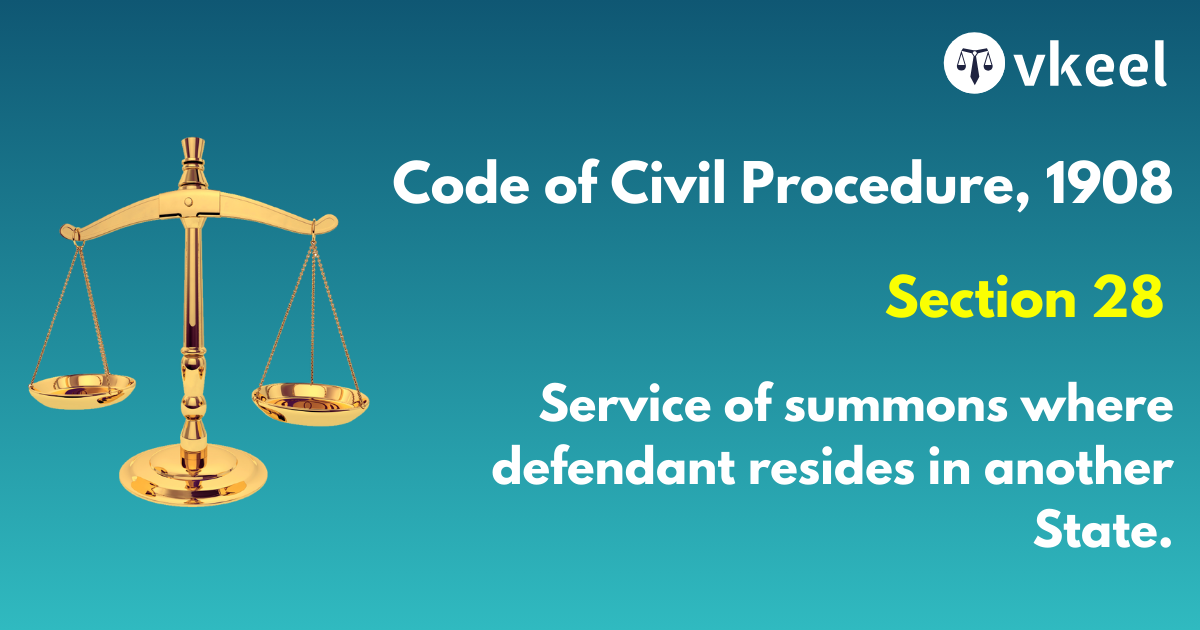Section 43 Indian Penal Code 1860 (IPC) – “Illegal” “Legally bound to do”
By Vkeel Team
Table of Contents
Description
“Section 43 Indian Penal Code 1860 (IPC)”
The word “illegal” is applicable to everything which is an offence or which is prohibited by law, or which furnishes ground for a civil action; and a person is said to be “legally bound to do” whatever it is illegal in him to omit.
Understanding Section 43 IPC: The Basics
Section 43 of the Indian Penal Code addresses the concept of “illegal” and “legally bound to do” actions. The section states, “When an act which is illegal is done by several persons, any one of such persons who actually does the act is guilty of the offense.” This provision is crucial in determining the liability of individuals who participate in a collective act deemed illegal.
Breaking Down the Terminology
- Illegal Act: An illegal act, as defined by Section 43, refers to any action that contravenes the law. It includes activities prohibited by specific statutes, regulations, or any other legal provision. This could encompass a wide range of offenses, from theft and assault to fraud and cybercrime.
- Legally Bound to Do: The phrase “legally bound to do” emphasizes the obligation imposed by law upon an individual to perform a certain action. It implies situations where the law mandates a person to act, regardless of personal preferences or motivations. This can include instances such as fulfilling contractual obligations or adhering to statutory duties.
Understanding the Concept of Individual Liability
Section 43 IPC raises an important legal question: When several individuals are involved in an illegal act, who should be held liable? The provision clarifies that if multiple persons partake in an illegal act, only the person who actually performs the act is held responsible. This principle helps determine individual culpability in group offenses.
For instance, imagine a scenario where a group of people forcefully enters a property without permission. If one person from the group actively participates in the trespass, that individual alone will be held accountable under Section 43 IPC. The others who may have passively accompanied the trespasser but did not engage in the act itself will not be held liable.
Exceptions to Section 43 IPC
While Section 43 IPC establishes a general rule for individual liability, there are certain exceptions to this provision:
- Common Intention: Under Section 34 IPC, when multiple individuals act with a common intention to commit an offense, they can all be held equally liable. In such cases, Section 43 does not apply, and the act is considered a collective effort, regardless of who actually performs the act.
- Vicarious Liability: In some instances, the law may impose liability on a person who has control or authority over another individual. This concept of vicarious liability holds superiors accountable for the actions of their subordinates. However, Section 43 specifically deals with the liability of individuals directly involved in an act.
- Independent Criminal Liability: Section 43 IPC does not absolve an individual from independent criminal liability if they perform an illegal act individually. In such cases, the person will be held accountable for their own actions, irrespective of the involvement of others.
Conclusion
Section 43 of the Indian Penal Code 1860 provides valuable insights into the legal boundaries of illegality and the principle of individual liability. By understanding the nuances of this provision, we can navigate the complexities of collective offenses and determine the specific liability of each participant. It is essential for citizens to be aware of these legal aspects to ensure compliance with the law and promote a just society.
In conclusion, Section 43 IPC acts as a guiding light in the realm of criminal law, striking a balance between individual culpability and the collective nature of illegal acts. By upholding the principles of justice, this provision serves as a cornerstone in the Indian legal system, holding individuals accountable for their actions while considering the intricacies of group dynamics.
Desctiption Source: indiacode
Disclaimer:
The information provided in the article is for general informational purposes only, and is not intended to constitute legal advice or to be relied upon as a substitute for legal advice. Furthermore, any information contained in the article is not guaranteed to be current, complete or accurate. If you require legal advice or representation, you should contact an attorney or law firm directly. We are not responsible for any damages resulting from any reliance on the content of this website.












